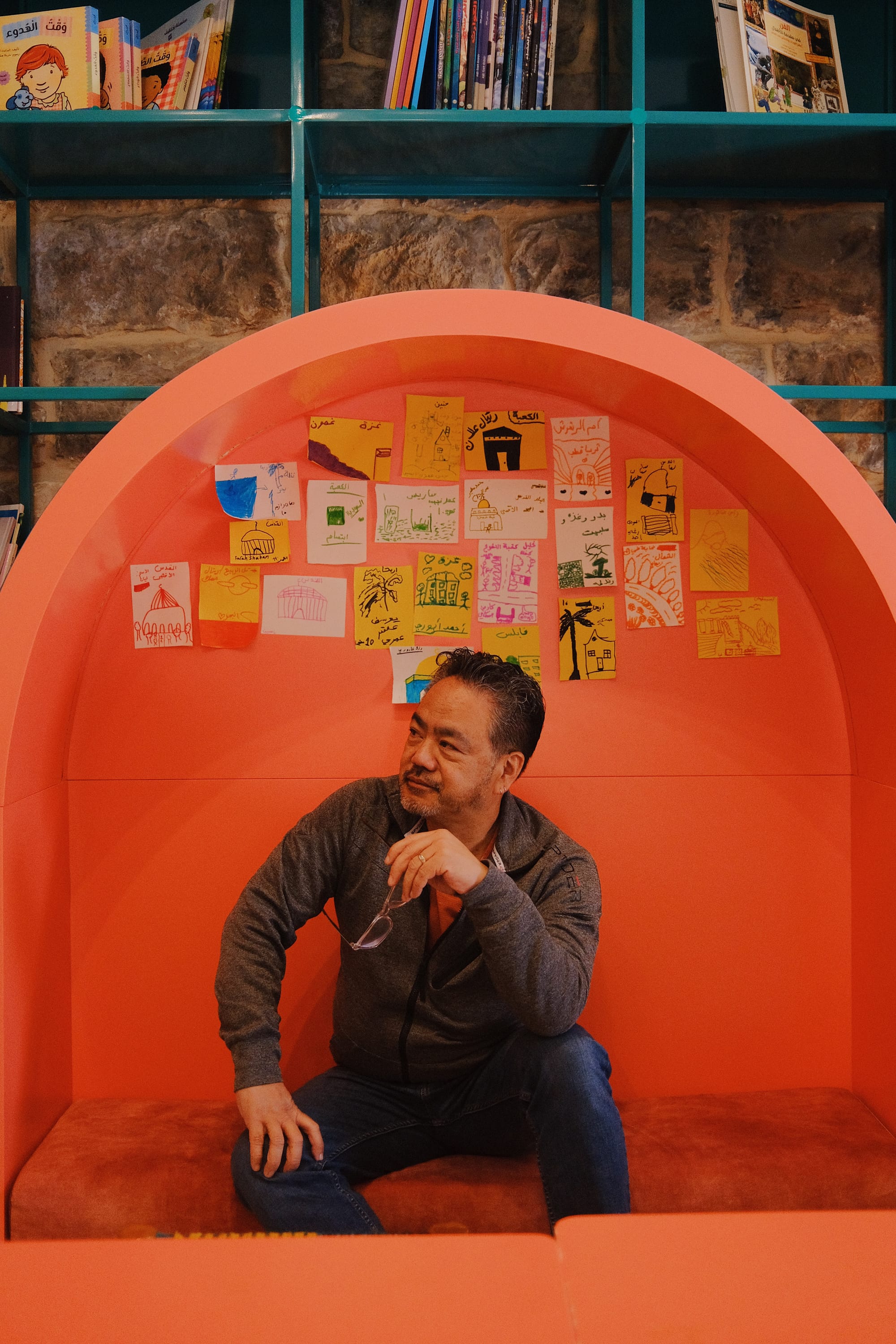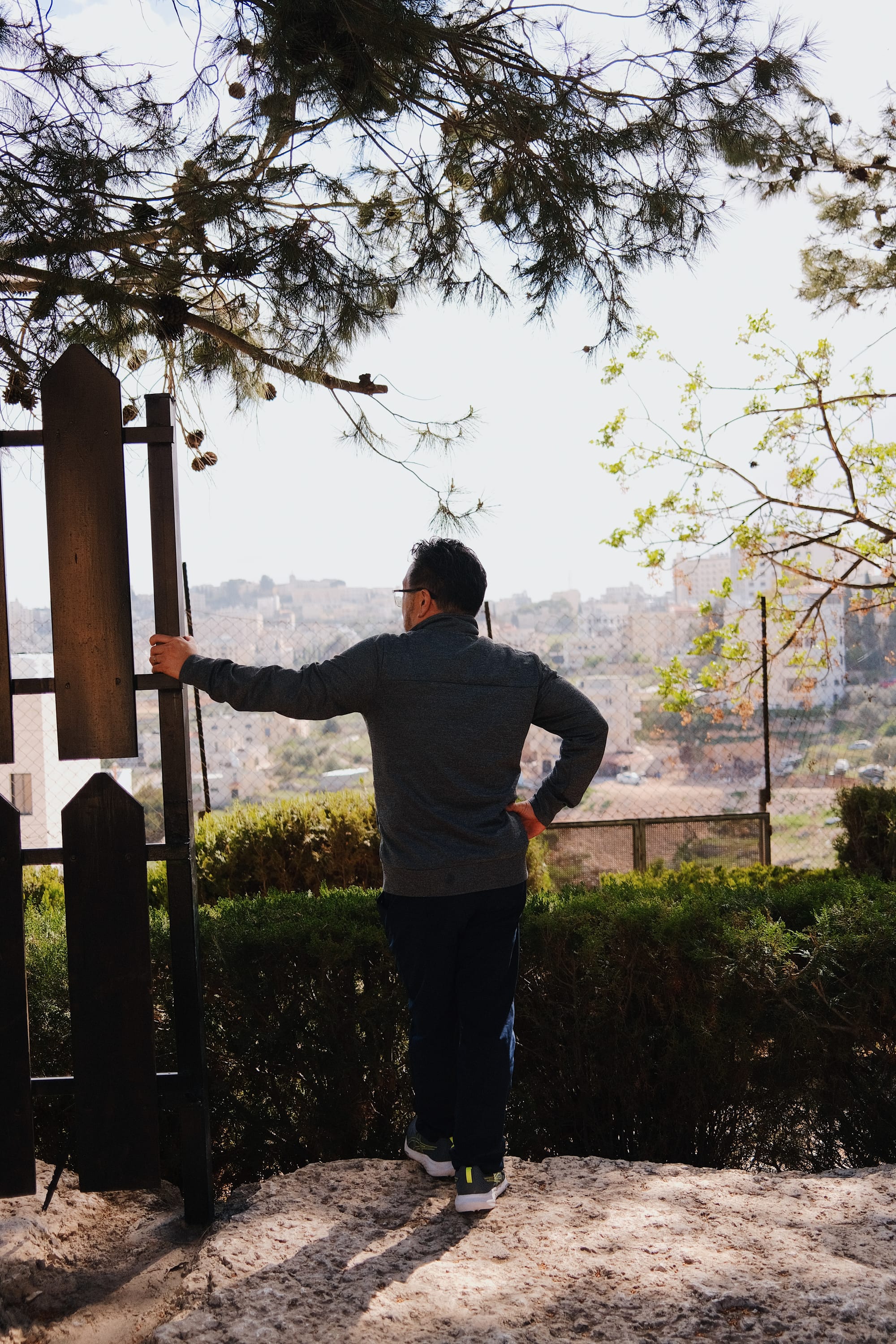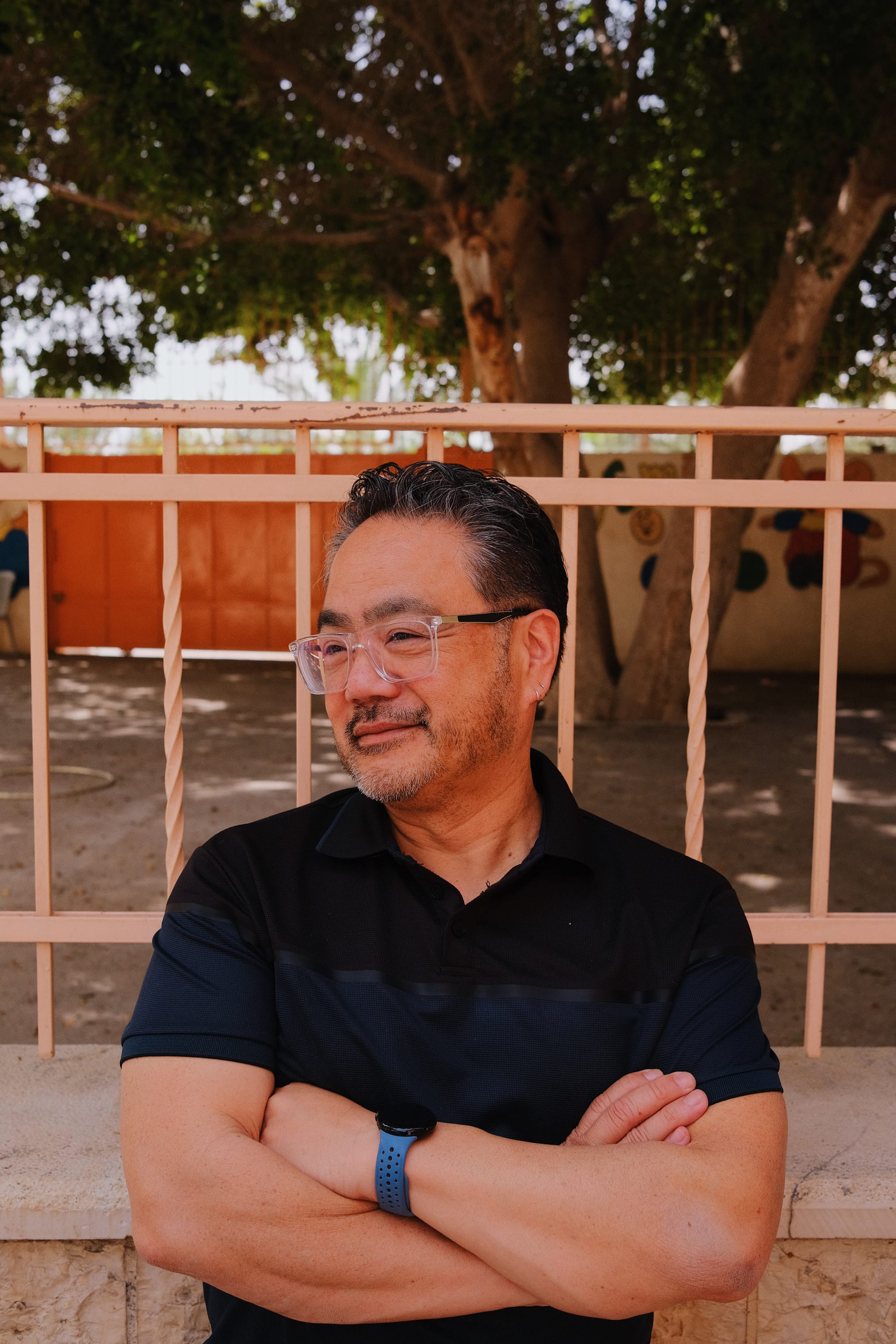
The + Friday + Five: 04.11.25 | Books

The Friday + Five* is a brief list of things I have found meaningful, challenging, joyful, soothing, or quirky from the week. Some offerings will have themes, while others will feel like info was assembled by a gaze of raccoons fresh off a night of espresso bingeing. You’ve been warned.
Your Friday Five: 04.11.25
First, how are we at the middle of April? Wild. I hope you are navigating all that's unfolding in the world and/or in your life with care, kindness, and as many deep breaths as you need.
Today, Friday + Five, I'm offering some more books for your piles, devices, or gift-giving list. Disclaimer: All links are affiliate links to my Bookstore on Bookshop.

1) They Called Me a Lioness: A Palestinian Girl's Fight for Freedom by Ahed Tamimi and Dena Takruri. This is a powerful account of a young person's resistance under occupation. I have not read it yet, but it's on its way to my home.
But this is not just a story of activism or imprisonment. It is the human-scale story of an occupation that has riveted the world and shaped global politics, from a girl who grew up in the middle of it . Tamimi’s father was born in 1967, the year that Israel began its occupation of the West Bank and he grew up immersed in the resistance movement. One of Tamimi’s earliest memories is visiting him in prison, poking her toddler fingers through the fence to touch his hand. She herself would spend her seventeenth birthday behind bars. Living through this greatest test and heightened attacks on her village, Tamimi felt her resolve only deepen, in tension with her attempts to live the normal life of a daughter, sibling, friend, and student.
2) Hospicing Modernity: Facing Humanity's Wrongs and the Implications for Social Activism by Vanessa Machado de Oliveira. I love this title. A friend suggested this one as a way to think about our activism with more depth.
Driven by expansion, colonialism, and resource extraction and propelled by neoliberalism and rabid consumption, our world is profoundly out of balance. We take more than we give; we inoculate ourselves in positive self-regard while continuing to make harmful choices; we wreak irreparable havoc on the ecosystems, habitats, and beings with whom we share our planet. But instead of drowning in hopelessness, how can we learn to face our reality with humility and accountability?
3) On Tyranny: Twenty Lessons from the Twentieth Century by Timothy Snyder. I will admit, there was a little oppositional behavior in my not reading this one yet, but I tossed it in the cart at the suggestion of another friend.
The Founding Fathers tried to protect us from the threat they knew, the tyranny that overcame ancient democracy. Today, our political order faces new threats, not unlike the totalitarianism of the twentieth century. We are no wiser than the Europeans who saw democracy yield to fascism, Nazism, or communism. Our one advantage is that we might learn from their experience.
On Tyranny is a call to arms and a guide to resistance, with invaluable ideas for how we can preserve our freedoms in the uncertain years to come.
4) Good Soil: The Education of an Accidental Farmhand by Jeff Chu. A copy of this book arrived at my home just before I left for a month. Not wanting to bring a hardcover with me, I can't wait to dive in upon my return home. Jeff writes about life, faith, belonging, and justice.
In gorgeous, transporting reflections, Chu introduces us to the cast of characters, human and not, who became his teachers. While observing the egrets that visit the pond, the worms that turn waste into fertile soil, and the Chinese long beans that get passed over in the farm’s CSA, Chu considers our desire to belong, the story behind the food on our plate, and the significance of his own roots. What is the earth trying to tell us, if we’ll only stop and listen?
5) We Have Never Been Woke: The Cultural Contradictions of a New Elite by Musa Al-Gharbi. I am working my way through this book and will encourage any and all folks who are engaged in the work of social justice. This book challenges us to think about how we are propping up systems that value our work and efforts over those whom we claim to be fighting for. This book as rocked my world, and I hope you give it a chance to do the same for yours.
We Have Never Been Woke details how the language of social justice is increasingly used to justify this elite--and to portray the losers in the knowledge economy as deserving their lot because they think or say the "wrong" things about race, gender, and sexuality. Al-Gharbi's point is not to accuse symbolic capitalists of hypocrisy or cynicism. Rather, he examines how their genuine beliefs prevent them from recognizing how they contribute to social problems--or how their actions regularly provoke backlash against the social justice causes they champion.
Okay, there you go. If you are a subscriber, you have access to leave comments, so I would love to hear what you are reading, plan to read, and/or think we should read ourselves!
From the Camera Roll: As I write this, I am at the end of a shot break in between leading to delegations to Palestine. The first delegation was a joy to be part of as I learned new things, met new people, and helped to widen the circle of folks who yearn to see an end to genocide and a free Palestine for the future. While one does not expect to capture memorable moments of oneself, when you have a professional photographer on the trip, you get pics like these. Thanks Joseph.




*The Original Friday Five was a weekly-ish post from my 2010s SF Gate’s City Brights blog. If you stumble across anything that you think would fit, please feel free to drop me a note.
** If you received this note in your inbox directed to "Friend," please update your subscription with your full name, and future newsletters will be personalized.

